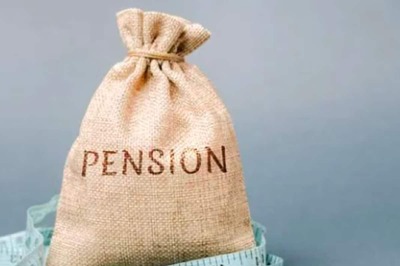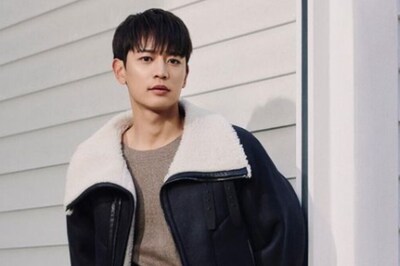
views
Kinshasa: Congo's first national democratic poll in 40 years on Sunday started slowly and tempers flared among people queuing to vote on a constitution aimed at ending decades of dictatorship, war and chaos.
From schools across the sprawling riverside Capital Kinshasa to thatched huts in the jungle and tarpaulin tents in the lawless east of the vast African nation, voters queued up early in Sunday morning, but many polling stations opened late.
"Voting has started across the country," Election Commission spokesman Dieudonne Mirimo said in Kinshasa. "There are some problems with setting the polling stations up. It is taking some time, but we will be fully up and running soon".
In the eastern city of Goma police beat a couple of dozen people with batons as they tried to force a crowd of nearly 200 into a single queue at a polling station, a Reuters reporter witnessed.
There was also violence in Goma involving Banyamulenga, or Congolese speakers of Rwanda's Kinyarwanda language ? regarded by some as having sided with Rwandan forces during Congo's complex five-year war, which dragged in six foreign armies.
"There was serious fighting between some Congolese voters and Congolese Rwandaphones who were being accused by their colleagues of being Rwandans and having no legitimacy in today's vote," UN spokeswoman Jacqueline Chernard said.
The referendum is the first step towards polls planned for next year and meant to draw a line under Congo's last conflict, which officially ended in 2003 and has killed nearly 4 million people since 1998, mostly from hunger and disease.
Vote for peace
"This will be my very first time to cast a vote," said Masimango Mupenda, a wheelchair-bound trader in Goma.
"I am eager to vote because I hope this vote will be a vote for peace, security, a vote that will silence the guns."
PAGE_BREAK
About 25 million people registered to vote in the referendum and the subsequent local, parliamentary and presidential elections, which under a peace deal must be held by next June.
The proposed text provides for a decentralised political system with provincial administrations responsible for local decision-making and controlling 40 per cent of public funds.
It also limits the president to two terms of five years each, and requires the President to nominate a Prime Minister from the parliamentary majority.
Successful elections are seen as the key to consolidating peace in the mineral-rich country, the size of Western Europe but lacking in the most basic infrastructure.
Thousands of gunmen still roam the hills of eastern Congo, terrorising civilians, raping, killing and pillaging.
The UN, which has its biggest peacekeeping force in the country, says Congo's polls are the most complex and difficult it has ever been involved in.
But critics of a power-sharing transitional government that includes former rebels have called for voters to reject the constitution or boycott the vote altogether, a move diplomats and President Joseph Kabila say would force renegotiation of the peace deal and a two-year-old transition process.


















Comments
0 comment